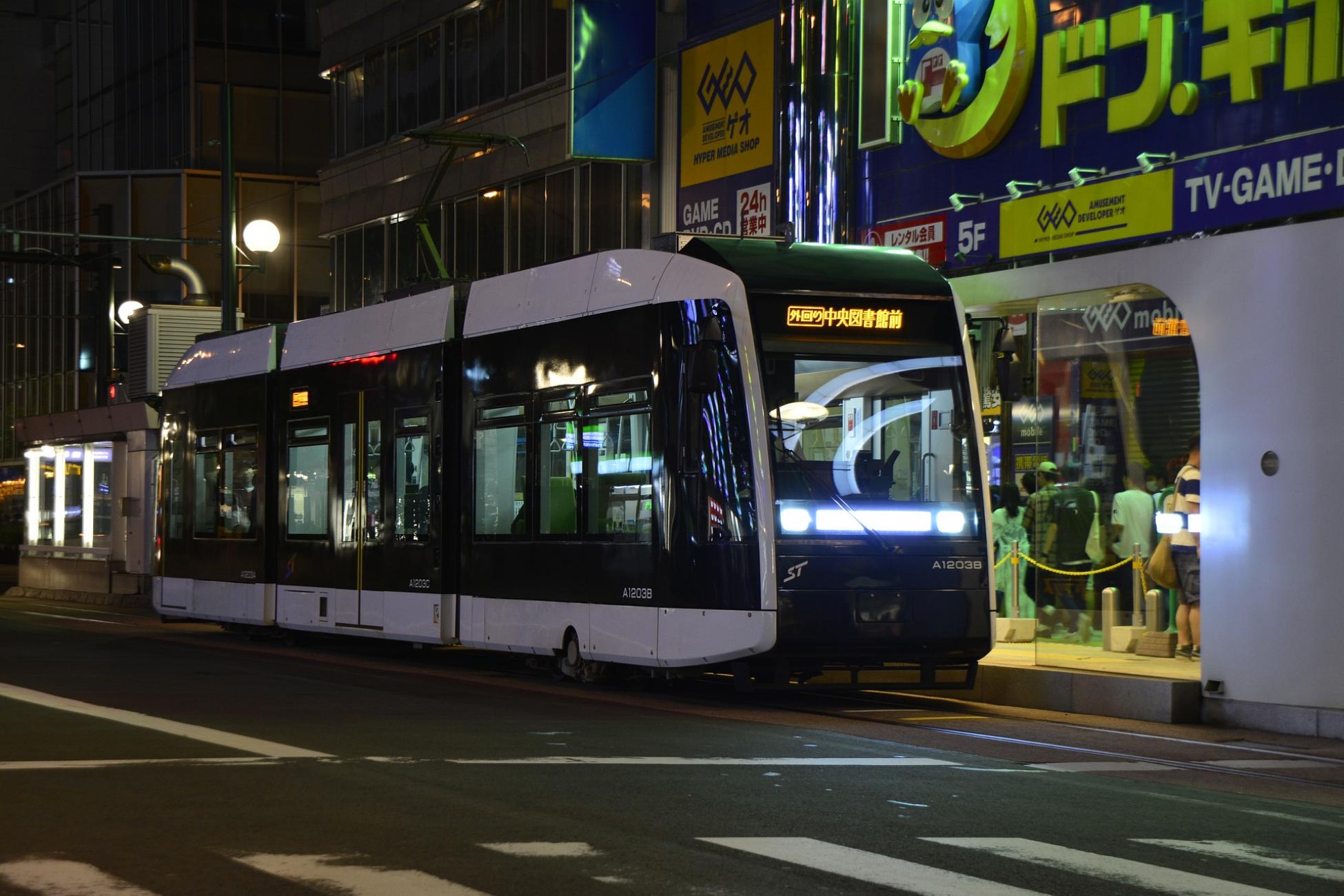Eight months into my transition to Japan, there are many things I miss about America. I miss good Mexican food. I miss my friends and family. I miss the ease of speaking to whomever I wish.
However, there are some things in Japan, in particular Tokyo, that have improved the quality of my life. Here are the things I would like to bring with me when I return home:
Gratuitities
In Japan, there is no tipping. Not for taxis, nor massages, nor bartenders, and not even for waitstaff in restaurants. In the United States, that is not the case.
Personally, I have philosophical contentions with tipping culture. I believe the culture of tipping magnifies the economic gap between service providers and customers. It creates an environment ripe for harassment and abuse. Some Americans—beyond frugal—actually believe that tipping is optional. Unfortunately, hourly salaries for waitstaff are computed based on minimum tips expected. Instead of this assumed tip, I’d like to know that my service providers are making at least minimum wage. There is a trend to indicate in the United States, there are thought leaders who are changing their opinions.
In Japan, I appreciate knowing what I will pay upfront. At restaurants, the listed price reflects everything that I am expected to pay. This also makes it easier to split bills, avoiding the awkward, “How much are you leaving?”
Instead of hoping that customers will appreciate witty remarks, a server can focus on providing the customer an authentically good dining experience. Without the false flattery common where tipping is expected, I can have the space for genuine camaraderie. I didn’t think the server was being nice to me just because I may leave a large tip. This is, in my view, part of Japanese omotenashi; loosely meaning "hospitality." At the very minimum, I know that my servers are making a living wage.
Public transit
Though San Francisco and New York have fantastic metro systems, they don’t compare to Japan’s interlinking transportation systems. Of course, these are all better than the transportation where I grew up in Atlanta, Georgia. My family lived in suburbs of this metropolis. Without a car, I was essentially under house arrest. The Atlanta area has MARTA; which is composed of basically, two lines, north to south and east to west. Less than a one-quarter of the city’s area is adequately covered. There are also buses which are often late, and take routes that are obscure. Atlanta, in turn, has some of the worst car congestion and longest commute times in the country.
I initially bemoaned the 20-plus page manual on sorting trash. Now, as a resident, I have learned to appreciate the waste management system in Tokyo.
I enjoy never having to get in a car. Often in Tokyo, I use Google Maps to suggest the best public transportation option. In the comparison, I can see a roughly estimated car drive time. Within certain parts of the city, the public transport option and the driving option are just a few minutes different. When you add in the cost of parking in the city and unforeseen accidents, it becomes clear that public transportation is the best option. One can travel through the majority of the country this way. Even small cities are connected through regional trains and buses, and the services are punctual.
Recycling programs
One of the most curious things a visitor notices while strolling the streets of Tokyo is the dearth of trash cans. The streets, however, are quite clean. Most people carry their trash with them. Many tourists, too, end up carrying their trash with them through their tours of Tokyo.
The most potentially moving thing I would like to bring back to America is this strong waste management ethic. Through my elementary school visits on the JET program, I learned that the importance of recycling is instilled early on. I witnessed children from the age of five sorting their trash after lunch.
I initially bemoaned the 20-plus page manual on sorting trash. Now, as a resident, I have learned to appreciate the waste management system in Tokyo.
When moving out, you are required to call a removal service to haul large items. I have become proficient at sorting trash as it accumulates. On each day, there is a different category of waste going outside. The process has also made me more aware of waste disposal. I wonder before buying bulky items what I will do with the wrapping materials. Combined with the small sized apartments here, this awareness is the first step in a process of living greener.
I’ve learned that in Tokyo, much of the combustible trash is burned. The heat generated is recycled into energy and used to heat homes. Although I can't attest to all the science behind this, intuitively, this style of waste processing is appealing. In many part of the United States, trash simply goes into landfills. While we have lots of space, the environmental impact of such casual disposal is enormous. Japan, due to its small land mass, must take a more efficient approach.
Taken together, these three differences make city life much more enjoyable. I can travel the expanse of the city without a car. I can have a meal and enjoy genuine repertoire with servers. I can breathe just a little bit lighter knowing that all that plastic wrapping my meal will be recycled. When I return home, I hope to share how this experience could make my corner of America just a little bit better.
Add this article to your reading list




